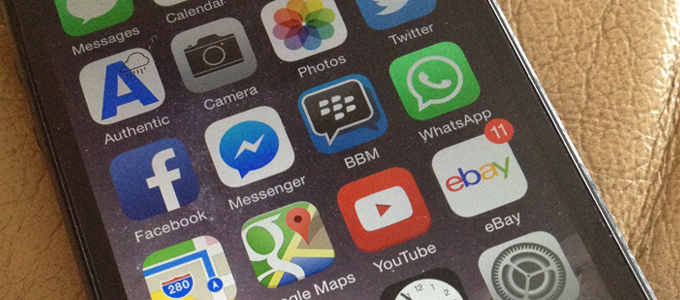Sad. Disappointed. Frustrated. Those are the words I would use to describe my feelings about “Throttlegate”, the recent revelation that Apple has indeed been slowing down older iPhones that have worn batteries.

There have been lots of rumors and speculation over the years that Apple intentionally pushed software updates that slow down older devices in an effort to coax users into purchasing new devices. I could see how people believed in this before – after all, the flagship iPhone X costs twice what the original iPhone (the flagship of its day) cost.
I’ve been in this industry for a long time, and I can tell you that I never gave these conspiracy theories much credence. It is common knowledge in the computer field that newer software is more demanding of hardware and will naturally make older devices less responsive. Anyone who has ever run Mac System 7.5 on an 8 MHz Macintosh Plus, SE, or Classic knows what I’m talking about.
A Matter of Trust
But now that the rumors of deliberate iOS slowdown have been confirmed, I believe that it is unconscionable that Apple has indeed been stealthily pushing out software updates that actually hobble the CPU on older devices, regardless of the circumstances or Apple’s intent.
I don’t buy for a second that Apple hadn’t intended to make people feel they had to buy new hardware when their old device slowed down. Perhaps they truly had good intentions on adding this “feature” to iOS 10.2 for iPhone 6 and newer, but the way Apple executed this was beyond deceiving and borderline corrupt. You just don’t add code that modifies the way a user’s device functions on a hardware level without making them aware of that fact.
If Apple had added a feature that put up a warning dialog box when a battery was nearly consumed that gave the user an option to either keep the unit in full power mode (with the expectation that unexpected shutdowns could occur) or reduced power mode (to minimize the risk of unexpected shutdowns), I wouldn’t have any issues and I wouldn’t be writing this article. They could have also easily added a dialog box with an option to contact AppleCare or make an appointment at a local Apple Store to have their battery replaced. But I guess that is just too much to ask from the powers that be at Apple HQ in Cupertino.
This is one of the saddest things that I’ve seen Apple do in a long time, and I am very disappointed over this. They have confirmed years of conspiracy theories and given the public a big reason to distrust them in the future. They have also given me reason to question whether or not I will be buying another iPhone in the future.
Apple has lost my trust as a consumer, and it’s going to take a lot to get it back.
Keywords: #throttlegate
Short link: https://goo.gl/sDxffL


Apple probably never should have had our trust, nor should many of the technology companies. The goal going forward seems to be to take as much control as possible away from the end user. Apple has thus far been the most successful at this, but Google (with Android and ChromeOS) and Microsoft (with Windows 10) are nipping at Apple’s heels.
Unfortunately we are moving to a model where everything is a service. Physical media is on the way out. There are three games I bought on Steam that are no longer available there because the contract with the publisher lapsed. Now I wonder what happens if I need to download them again?